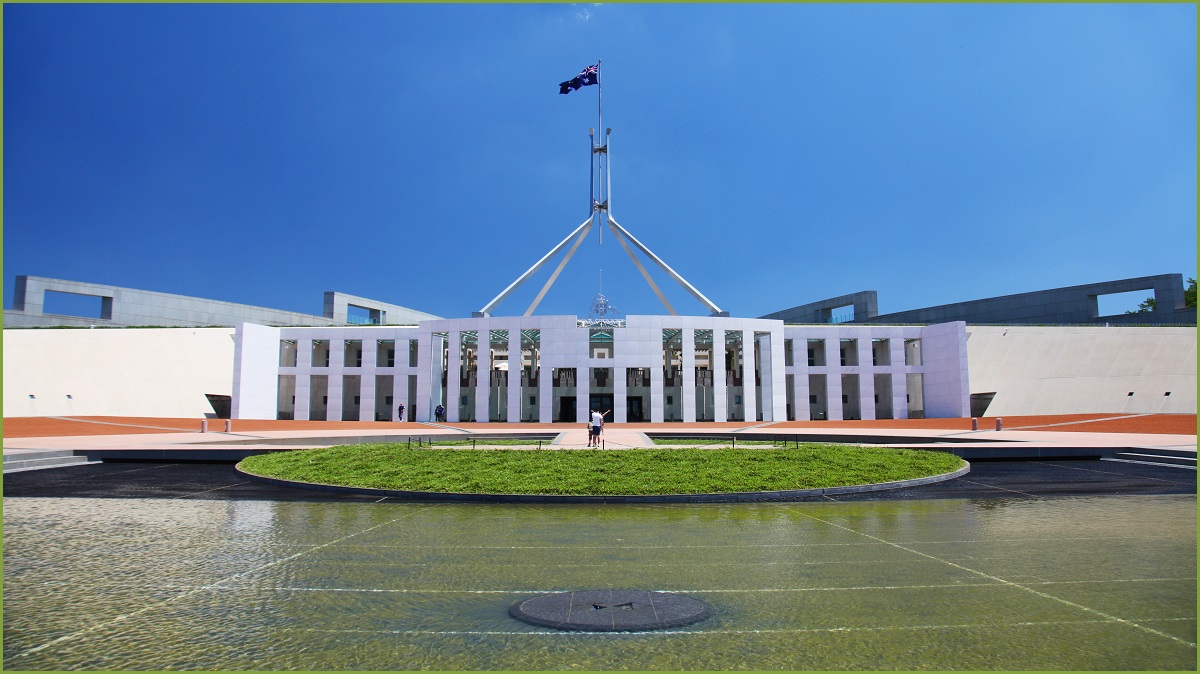ACS members have made their views heard on the priorities for the next Federal government following the call for views on an Election Manifesto ahead of the next poll.
Before the past two elections, ACS has released its policy wish-list for the Federal parties. In 2019, the Gamechangers Manifesto outlined 17 measures to boost Australia’s digital economy.
One of the strong messages from the survey's respondents was the 17 recommendations in 2019 manifesto were too many, with most suggesting between eight and ten as being more manageable for the next election.
Survey respondents had a wide range of views with addressing the ICT industry’s gender disparity as the top issue facing the nation’s tech sector, a topic highlighted by successive ACS Digital Pulse reports.
This year’s Digital Pulse warned the ICT sector’s chronic gender imbalance threatens to hold the economy back to the value of $11 billion over the next two decades while pointing out achieving parity between the sexes could boost employment by 5,000 new workers a year and help address the forecast labour shortage of 60,000 tech staff.
A proposal to encourage primary school students to study STEM subjects was also at the top of the feedback. Addressing the reluctance of younger students to study technology related subjects is seen as a key way to contributing to the nation’s continuing ICT labour shortfall.
Last May, the Federal Government’s STEM Equity Monitor 2021, a national data report on girls’ and women’s participation in science, technology, engineering and mathematics (STEM), surveyed 3,000 Australians aged between 12 and 25.
It found 75% of girls aged 12 to 17 were not really interested in STEM related subjects while a similar proportion said they didn’t see the fields relevant to their career ambitions. Among boys, the results were 52% and 57%, indicating most Australian students of both sexes don’t see a future in ICT, science or engineering.
Addressing the reluctance of young people to study STEM subjects could address both the gender imbalance and the nation’s chronic, long-term shortage of technology workers.
The third key area raised by respondents was the establishment of a standing agency based upon the British Parliamentary Office of Science and Technology to give Parliament unbiased, expert policy advice on technology issues. Such an office would have an important role given the rapid turnover of industry ministers in recent years.
Other top ranking proposals include a scheme to boost the broader workforce’s digital skills, refining the National Cyber Security Strategy, and creating a regional Digital Infrastructure Plan.
The survey results will now form the basis of a draft document to go before ACS’ Public Policy Reference Group before being reviewed by the Management Committee.
Subject to election timing, the Election Manifesto is expected to be released at the ACS Reimagination conference to be held in February.










